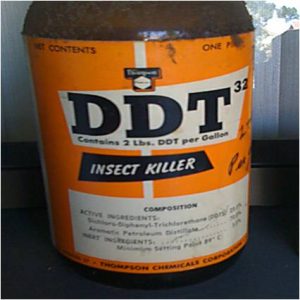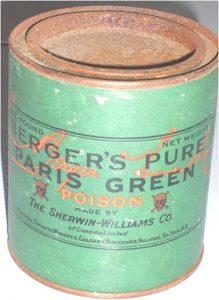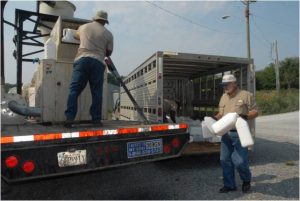 malariaworld.org malariaworld.org |
 janeaustensworld.wordpress.com janeaustensworld.wordpress.com |
 pesticidepics.org pesticidepics.org |
|---|
If you use pesticides, at some point you will need to dispose of unwanted pesticide, excess spray mixture, pesticide-treated products and seeds, or waste materials containing pesticides or their residues. Excess pesticide and rinsates (pesticide-containing water [or other liquid] that results from rinsing a pesticide container, pesticide application equipment, or other pesticide-containing materials) that cannot be used must be handled carefully. Other pesticide wastes include contaminated soil, spill cleanup materials, and personal protective equipment (PPE) that cannot be cleaned and reused. This module provides general principles and external links to organizations that can assist you with the proper disposal of pesticides in your area.
The pesticide user is responsible for the proper care of pesticides or pesticide-containing items until they can be properly disposed of. Failure to store such materials safely and dispose of them properly may result in serious harm to people, animals, and the environment. It may also result in legal action and penalties. Never dump pesticides or pesticide wastes on the ground, into or near water, or into storm drains, or septic tanks. Always wear proper protective clothing and equipment when handling pesticides or pesticide wastes.
Visit the section of this website entitled “Reduce the Need for Disposal” for important stewardship guidelines.
The following specialists provided expert review of the information in this module (2019):
- Betsy Danielson, Pesticide Safety Education Program, Iowa State University
- Derrick Bell, John Allran and Renee Woody, North Carolina Department of Agriculture & Consumer Services
- Jeff Rogers, Virginia Department of Agriculture and Consumer Services
- Patsy Laird, Carol Somody and Carroll Moseley, Syngenta Crop Protection
- Dan Fay, Valent U.S.A.
- Darrel Armstrong, Bayer Crop Science
Original content was reviewed by Nancy Fitz, U.S. EPA; Carol Black, Washington State University; Fred Gabriel, Clean Harbors, and Derrick Bell, NCDA&CS. Technical inputs provided by Wayne Buhler, PhD.
